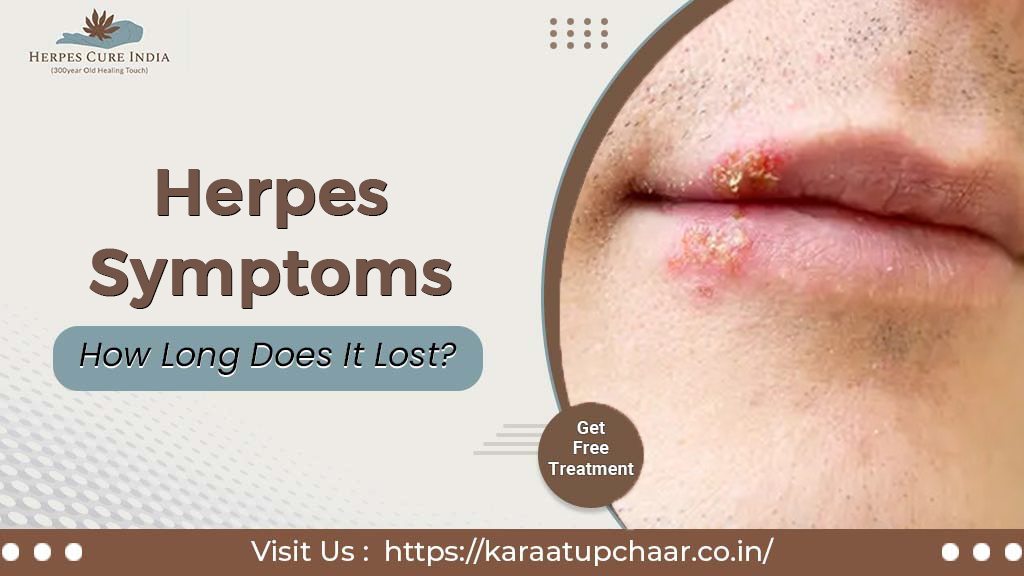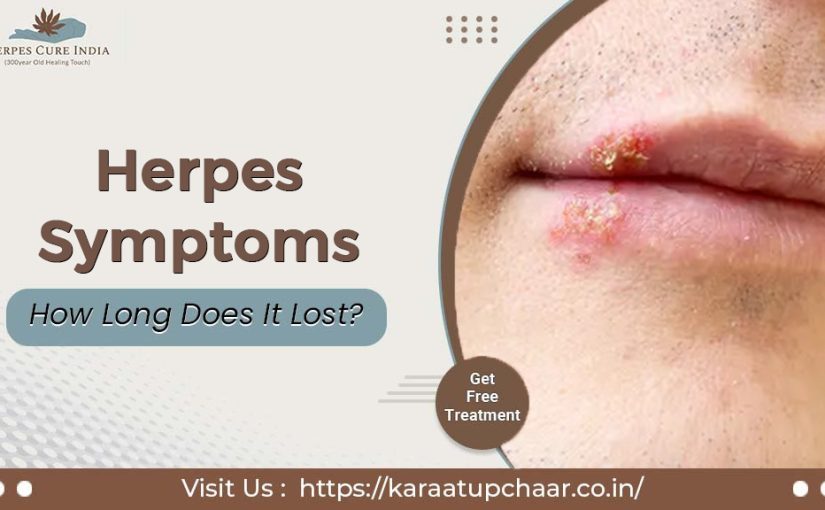
Herpes Symptoms, Treatment, and Prevention: What You Need to Know
Herpes is a common viral infection that affects millions of people worldwide. Understanding herpes symptoms, treatment, and prevention is crucial for managing the condition and reducing its impact on your life. This blog will delve into the various aspects of herpes, from recognizing its symptoms to exploring effective treatment options and prevention strategies.
What Are Herpes Symptoms?
Herpes symptoms can vary significantly from person to person. The herpes simplex virus (HSV) primarily causes two types of infections: HSV-1, which often results in oral herpes, and HSV-2, typically associated with genital herpes.
Common Symptoms
- Painful Sores: The most recognizable symptom is the appearance of painful blisters or sores around the affected area. These can occur on the lips, mouth, genitals, or buttocks.
- Itching and Burning: Before sores appear, many people experience itching or a burning sensation in the affected area.
- Flu-like Symptoms: During the initial outbreak, symptoms may include fever, swollen lymph nodes, and body aches.
Recurring Symptoms
After the initial outbreak, the virus remains dormant in the body and can reactivate, leading to recurrent outbreaks. Symptoms during these episodes are usually milder and shorter in duration.
Herpes Treatment Options
While there is no cure for herpes simplex, effective treatment options can help manage symptoms and reduce the frequency of outbreaks. Understanding herpes symptoms, treatment, and prevention is essential for anyone diagnosed with the virus.
Antiviral Medications
Antiviral medications are the cornerstone of herpes treatment. They help reduce the severity and duration of outbreaks and can also lower the risk of transmission to partners. Common antiviral medications include:
- Acyclovir: This medication is often prescribed for treating both oral and genital herpes. It can be taken orally or applied topically.
- Valacyclovir: More convenient than acyclovir, this medication is taken less frequently and is effective in managing outbreaks.
- Famciclovir: This is another option for those who may not respond well to other treatments.
Suppressive Therapy
For individuals who experience frequent outbreaks, suppressive therapy may be recommended. This involves taking antiviral medications daily to prevent outbreaks and reduce the risk of transmission. Many find that this approach significantly improves their quality of life.
Prevention Strategies
Preventing herpes infections is crucial, especially for those at higher risk. Understanding herpes symptoms, treatment, and prevention can help individuals make informed choices about their health.
Safe Sexual Practices
- Condom Use: Using condoms can significantly reduce the risk of transmission during sexual activity. However, it’s important to note that condoms do not provide complete protection, as the virus can be present in areas not covered by the condom.
- Avoiding Sexual Contact During Outbreaks: It is essential to refrain from sexual activity when sores are present to prevent spreading the virus to partners.
- Open Communication: Discussing herpes status with sexual partners can help manage expectations and reduce the risk of transmission.
Lifestyle Choices
Making healthy lifestyle choices can also help reduce the frequency of outbreaks. Consider the following tips:
- Manage Stress: Stress is a common trigger for outbreaks. Engaging in stress-reducing activities such as yoga, meditation, or regular exercise can be beneficial.
- Maintain a Healthy Diet: A balanced diet rich in vitamins and minerals can support the immune system and may help prevent outbreaks.
Frequently Asked Questions (FAQs) about Herpes Symptoms, Treatment, and Prevention
1. What are the primary herpes symptoms I should look for?
The primary herpes symptoms include painful sores or blisters in the affected area, itching or burning sensations, and flu-like symptoms during the initial outbreak.
2. Is there a cure for herpes?
Currently, there is no cure for herpes. However, antiviral medications can effectively manage symptoms and reduce the frequency of outbreaks.
3. How can I prevent the spread of herpes to my partner?
To prevent the spread of herpes, use condoms during sexual activity, avoid sexual contact during herpes outbreaks, and maintain open communication with your partner about your herpes status.
Conclusion
Understanding herpes symptoms, treatment, and prevention is vital for anyone affected by this condition. While there is no cure, effective management strategies and lifestyle changes can help individuals lead fulfilling lives while minimizing the impact of the virus. If you suspect you have herpes or experience symptoms, consult a healthcare provider for proper diagnosis and treatment options.

